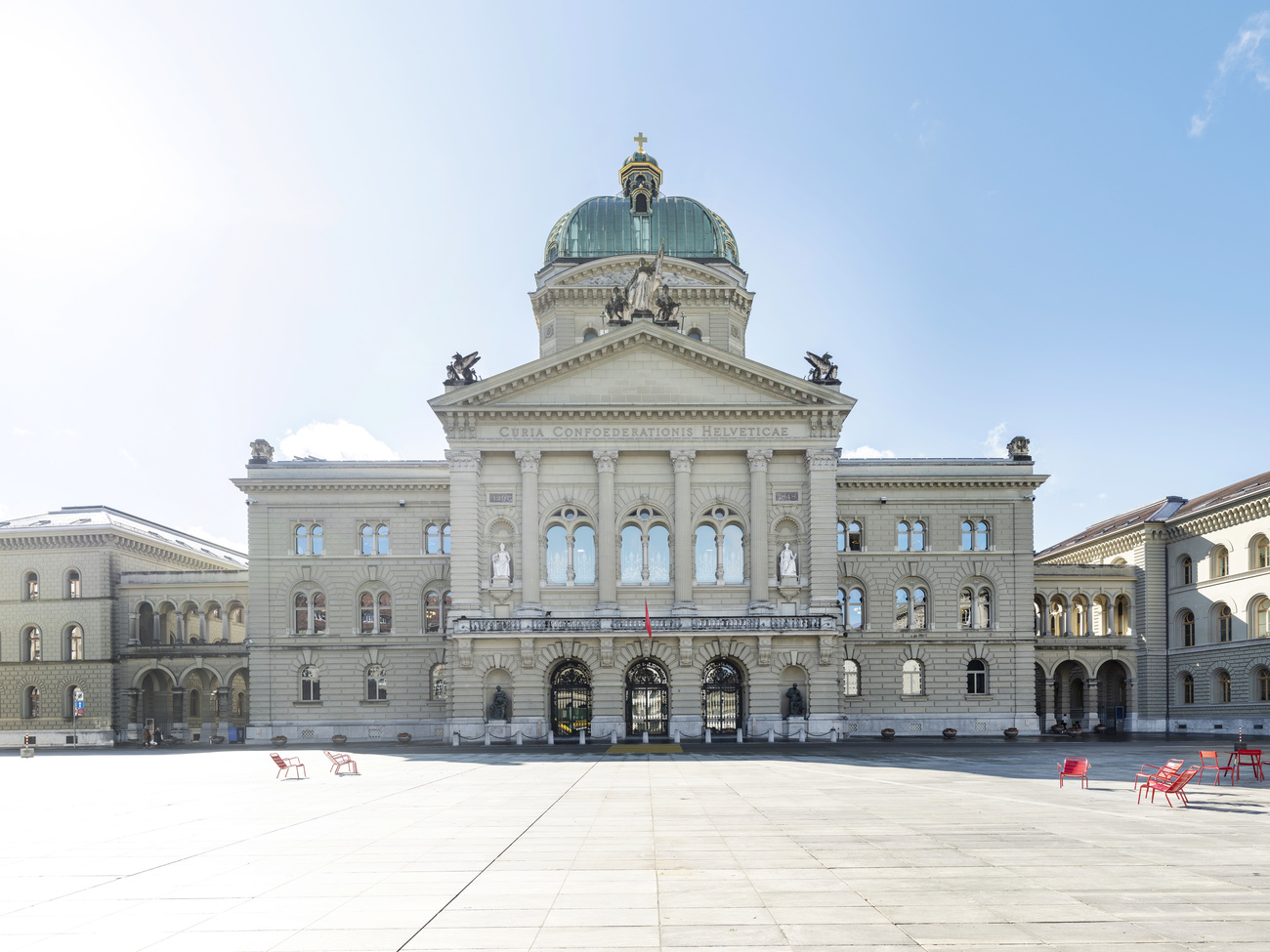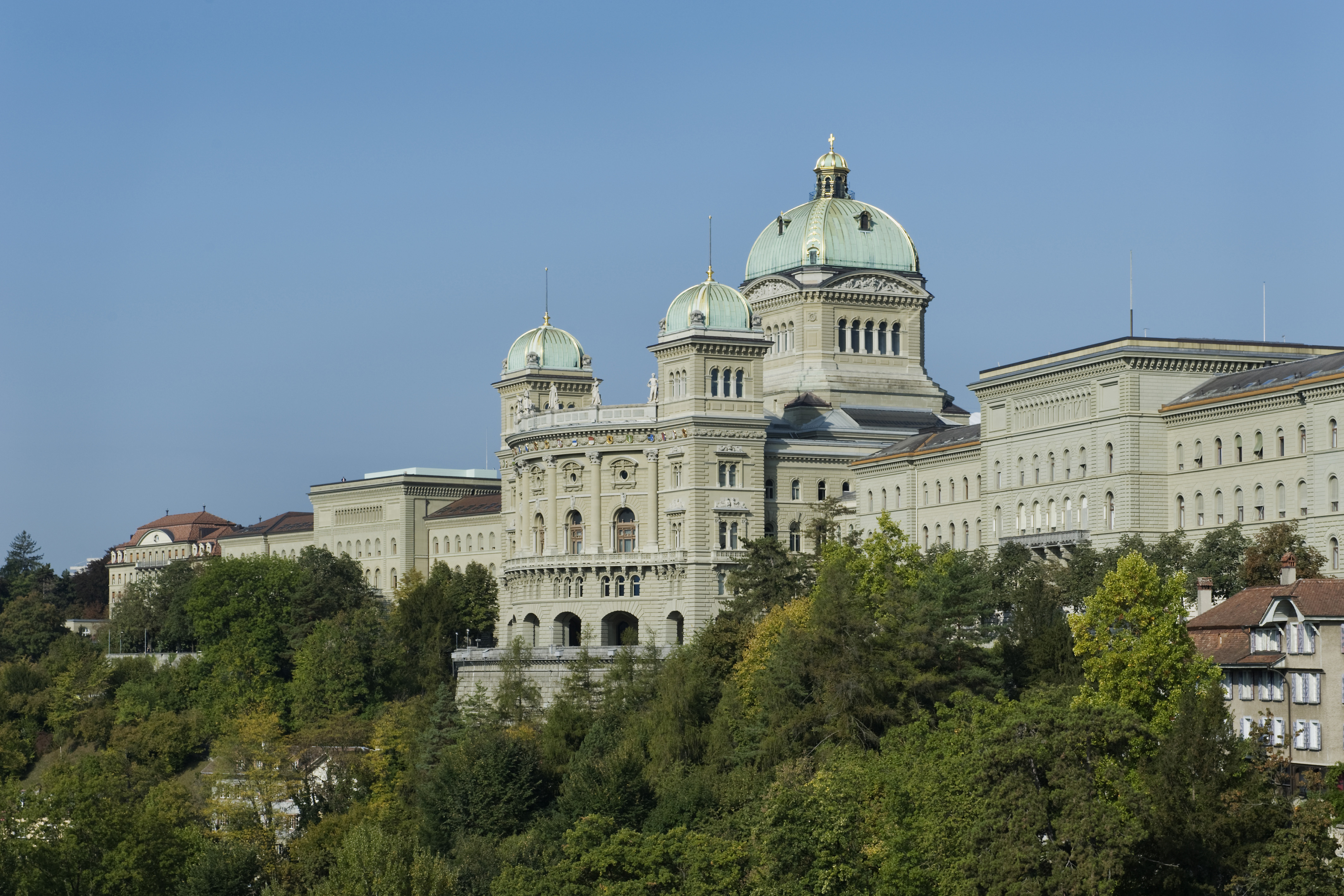
Why is Bern the capital city of Switzerland?

Many people are surprised when they hear that pretty little Bern is the Swiss capital. Surely industrial Zurich or international Geneva would be more logical, they say. But it’s precisely to avoid a concentration of power that Bern was chosen as the “federal city” exactly 170 years ago.
Berlin, London, Madrid, Moscow, Bratislava, Reykjavik – whatever their size or power, almost every European country follows the same rule. The largest city becomes the capital city. Not Switzerland though. Indeed, Bern is only the fifth-largest Swiss city, yet it is the capital city of Switzerland:
And even in terms of regions, Bern is much less significant than the agglomerations of Zurich, Basel or Geneva.
Unlike many countries, Switzerland didn’t have a real capital for many years. This was because for a long time it was a confederation. It was an association of independent cantons grouped together in a larger entity, but without real unity.
From the creation of the Confederation in 1291 to the fall of the Ancien RégimeExternal link in 1798, the capital of Switzerland was basically where the Federal Diet, members of the Confederation’s member cantons, met and discussed common issues.
+ A timeline through Swiss history
This location wasn’t fixed. The Diet was held throughout the years in Zurich, Lucerne, Baden, Frauenfeld and even Constance, which wasn’t part of the Confederation. This highlights that the capital city of Switzerland was not always the same place.
After the invasion by Napoleon in 1798, the brief Helvetic Republic (1798-1803) turned its centralising ideas into practice by establishing a capital for the new state. It was initially in Aarau and then Lucerne. These two efforts lasted only a few months.
To put an end to the troubles that were shaking the Helvetic Republic, Napoleon restored the concept of autonomous cantons via the Act of Mediation in 1803. The Federal Diet was then welcomed in six “directing cantons” (Fribourg, Solothurn, Lucerne, Bern, Zurich and Basel) for one year at a time on a rotating basis.
This system was kept after the RestorationExternal link, which followed the end of the Napoleonic era. It had only three directing cantons: Zurich, Lucerne and Bern.
Advantages of Bern as the capital
When the Swiss federal state was created in 1848, the question of a capital city re-appeared. On November 28, 1848, a majority of members in the new federal parliament came out in favour of Bern. It was ahead of Zurich and Lucerne. Geneva was never in the running for being the capital city of Switzerland.
Appreciating the importance of balance, the politicians didn’t want to give too much weight to Zurich. Zurich was the country’s economic powerhouse. Lucerne was also out of the question, having vehemently opposed the creation of a federal state. Bern, however, offered a central location, the support of the French-speaking cantons and the necessary real estate – for free.
Having said all that, nowhere is it stipulated that Bern is in fact the official capital of Switzerland. Two laws – Article 32External link of the Act on the Federal Assembly and Article 58External link of the Government and Administration Organisation Act – mention simply that “The Federal Assembly meets in Bern” and “The official seat of the Federal Council, the departments and the Federal Chancellery is the City of Bern”.
In practice, however, with the presence of parliament, government and foreign embassies, Bern is well and truly the capital of Switzerland.

More
Sleepy capital Bern seeks recognition
(Translated from French by Thomas Stephens)

In compliance with the JTI standards
More: SWI swissinfo.ch certified by the Journalism Trust Initiative
































You can find an overview of ongoing debates with our journalists here . Please join us!
If you want to start a conversation about a topic raised in this article or want to report factual errors, email us at english@swissinfo.ch.